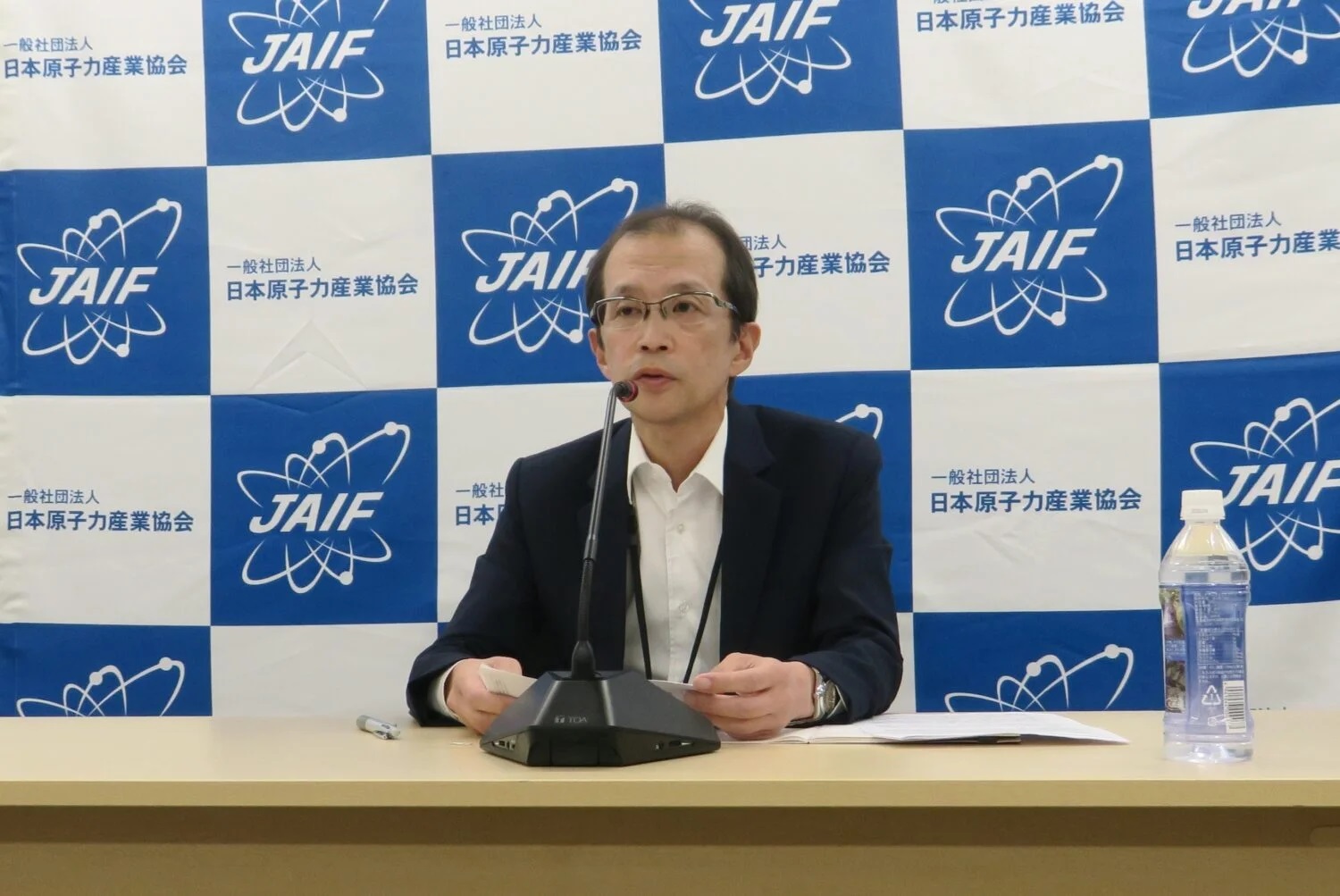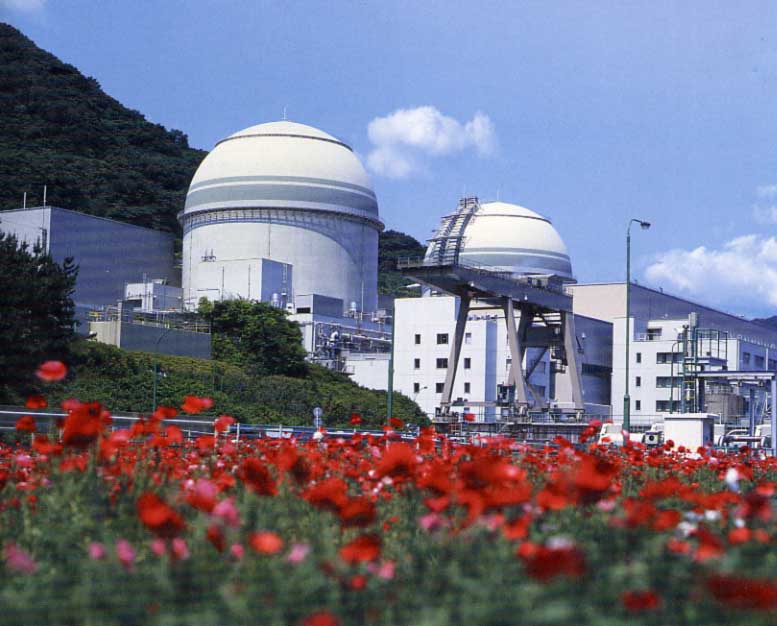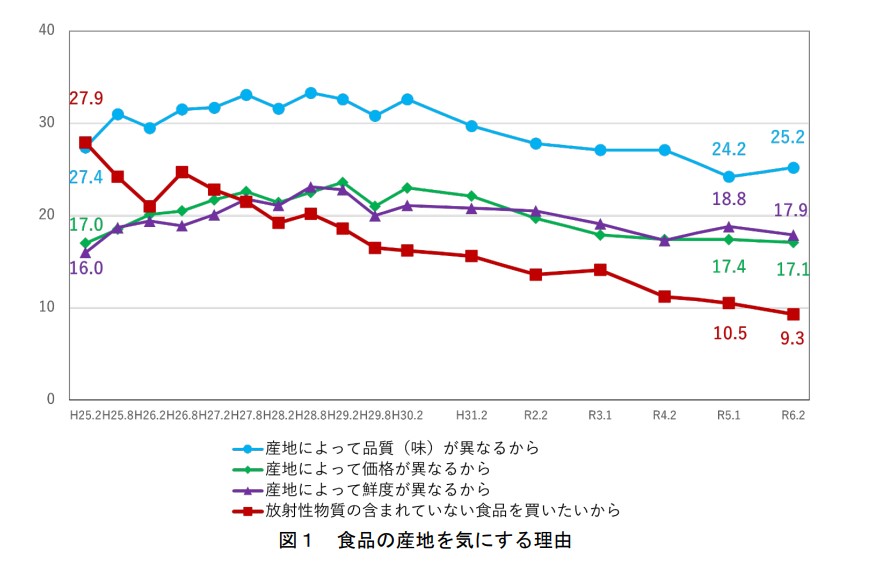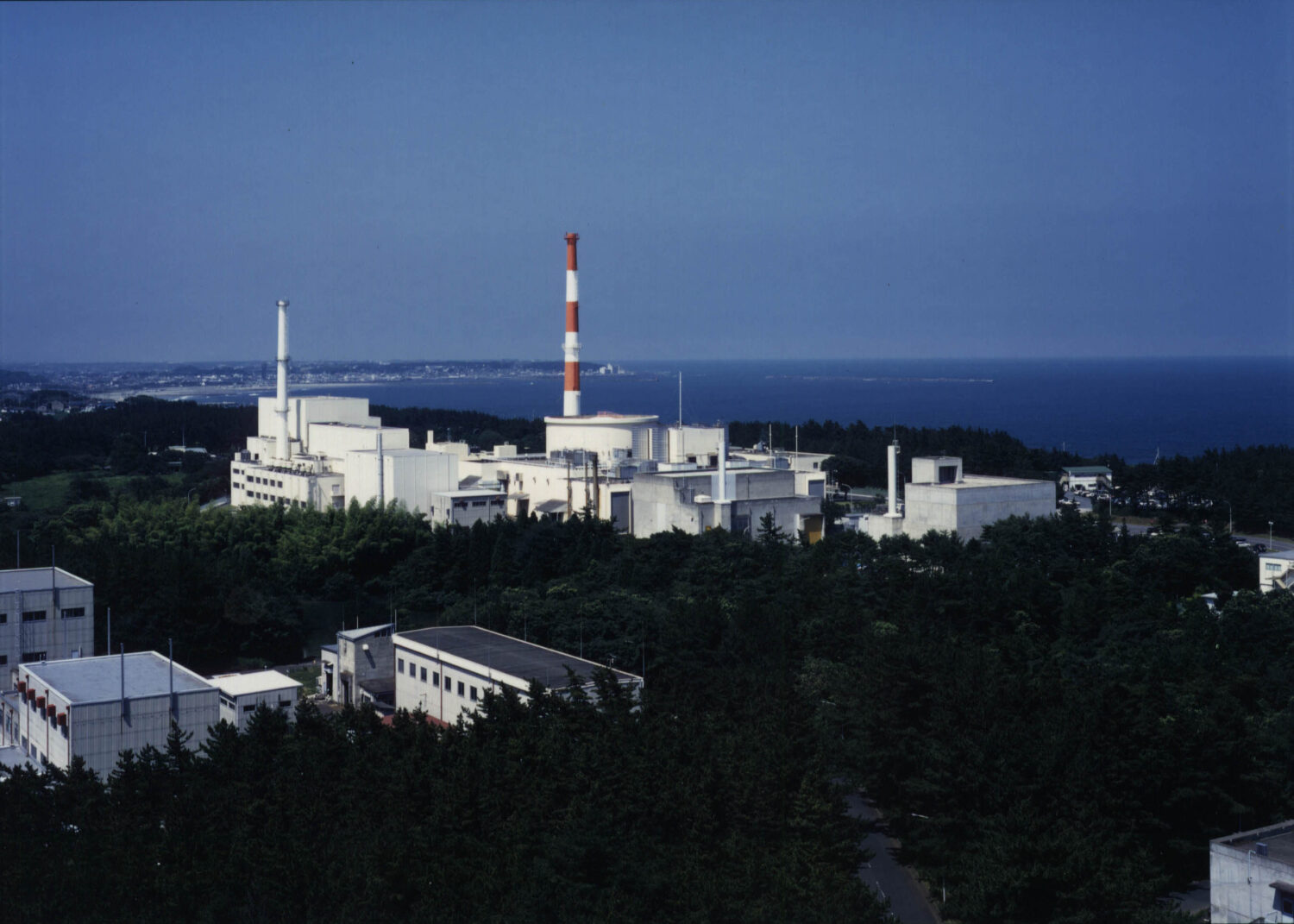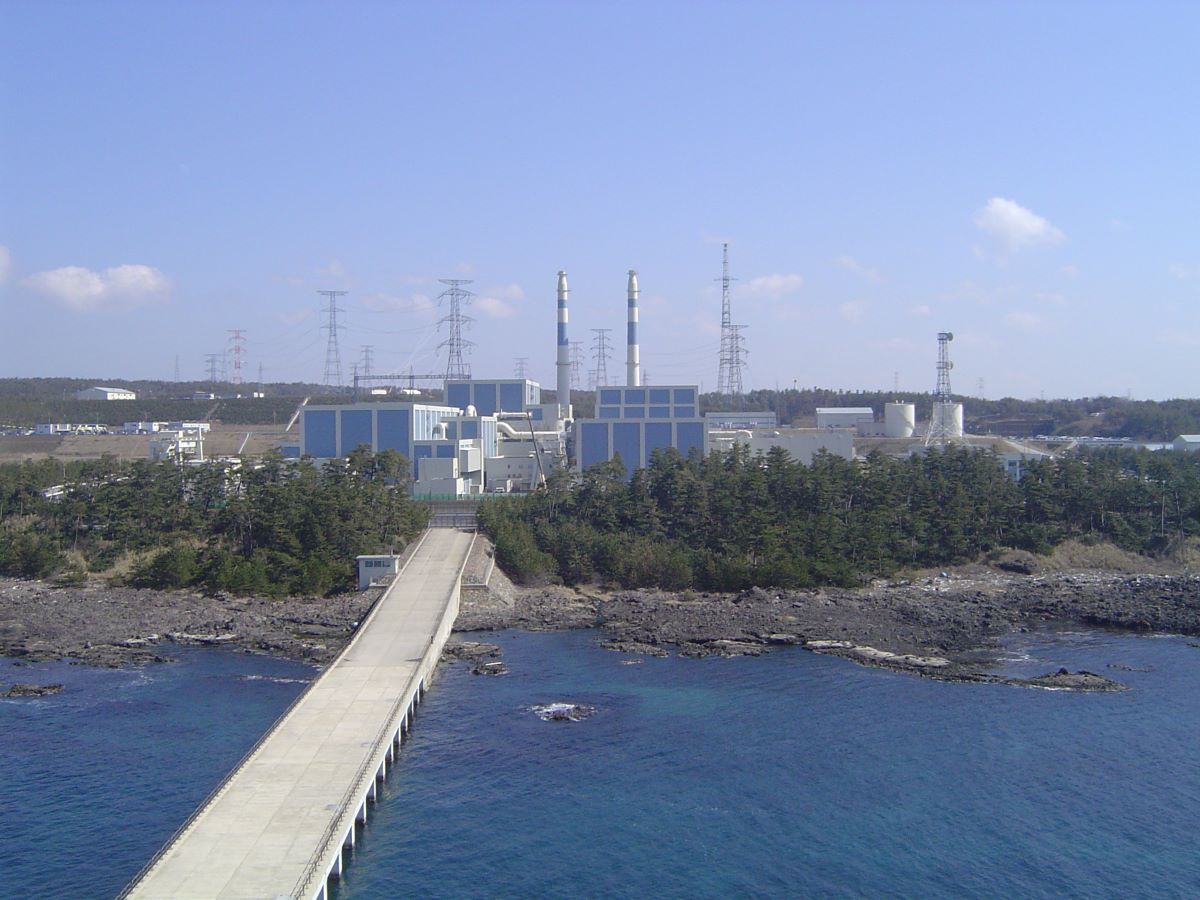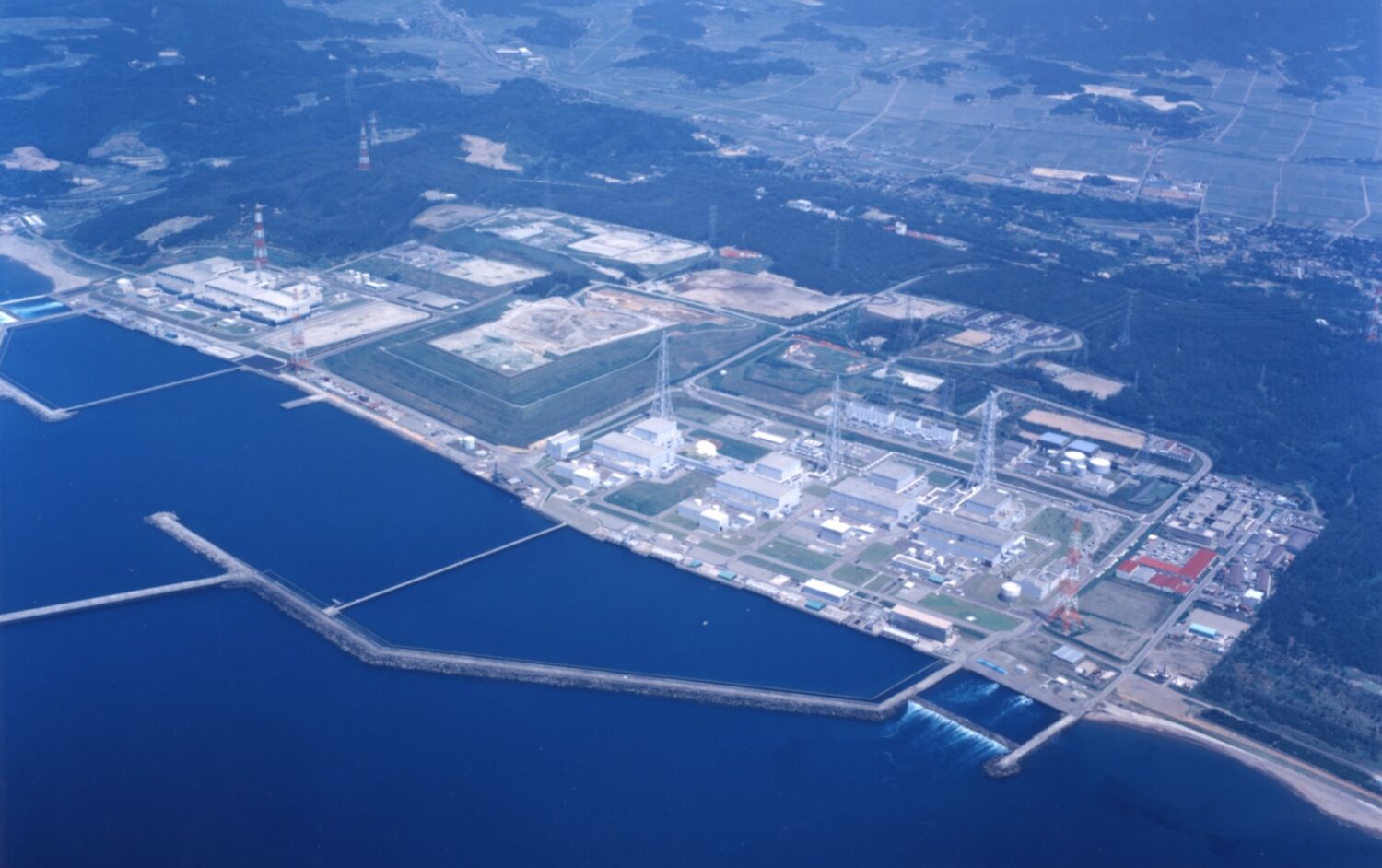The NRA will decide by the end of this month whether to accept the findings of the companies.
Each of the power utilities investigated the possibility of weaker-than-expected strength in safety-related equipment made with the same forging method as that in France. They began their investigations looking at manufacturing records, checking for the possibility of insufficient strength.
Additionally, they sliced off parts of steel ingots containing a high concentration of carbon—a cause of insufficient strength—and analyzed the carbon concentrations. Having confirmed that the concentrations did not exceed the reference value, all of the power utilities reported no incidence of strength deficiency.
JCFC has manufactured vessel heads for eleven NPPs—including Takahama-2, Genkai-2, -3 and -4, and two NPPs to be decommissioned (Mihama-2 and Genkai-1). As indicated, no problems were found in those reactors.
In addition, no problems in strength deficiency were found in NPPs having similar equipment manufactured by other firms, including Japan Steel Works, Ltd. (JSW).
In 2014, examinations of the Flamanville-3 NPP, under construction in France, discovered that equipment manufactured by the French company Le Creusot Forge was weaker than expected. After further investigation, the French Nuclear Safety Authority (ASN) pointed out that there were also problems in the strength of steel products manufactured by JCFC.


-1.png)


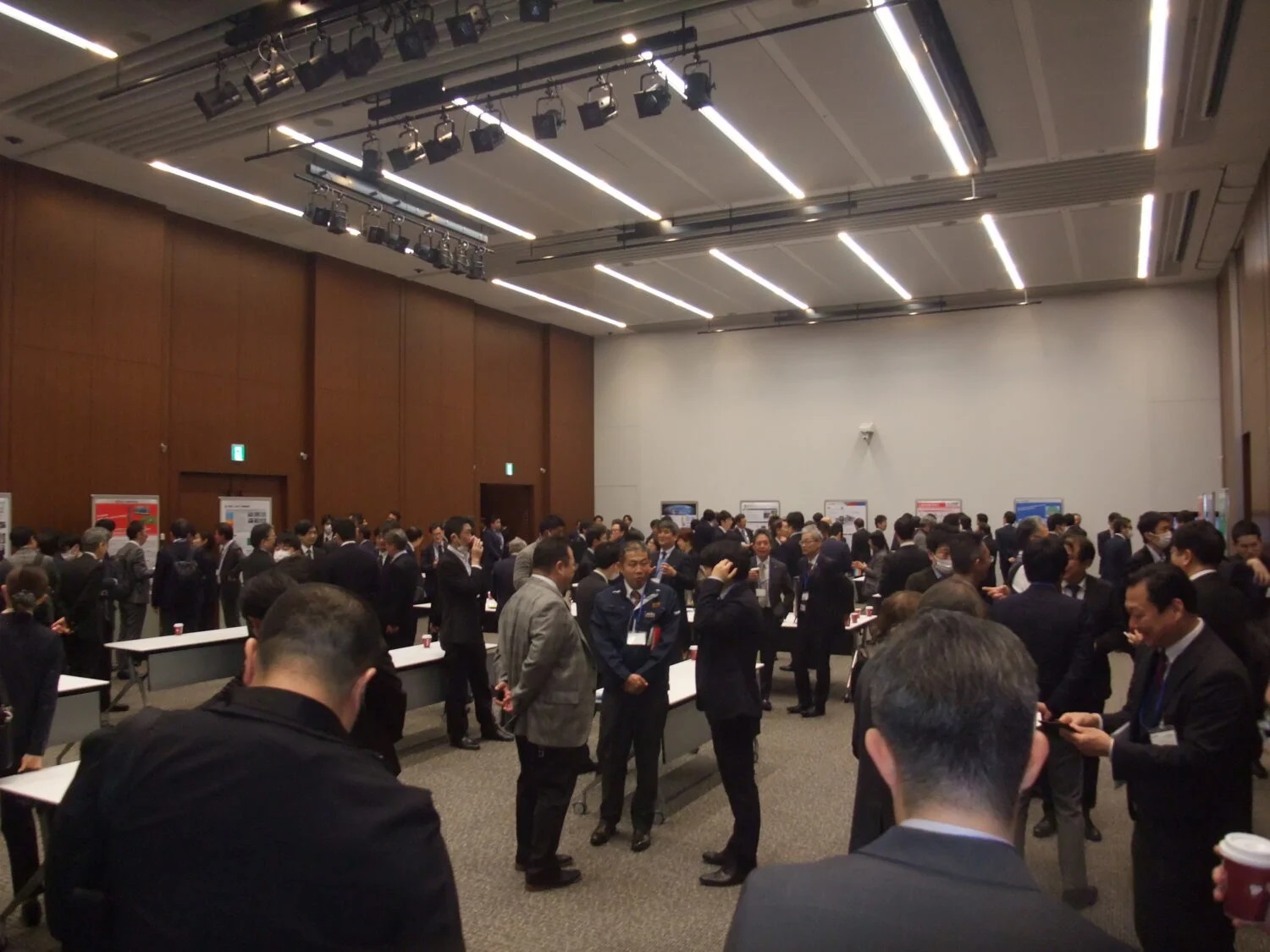

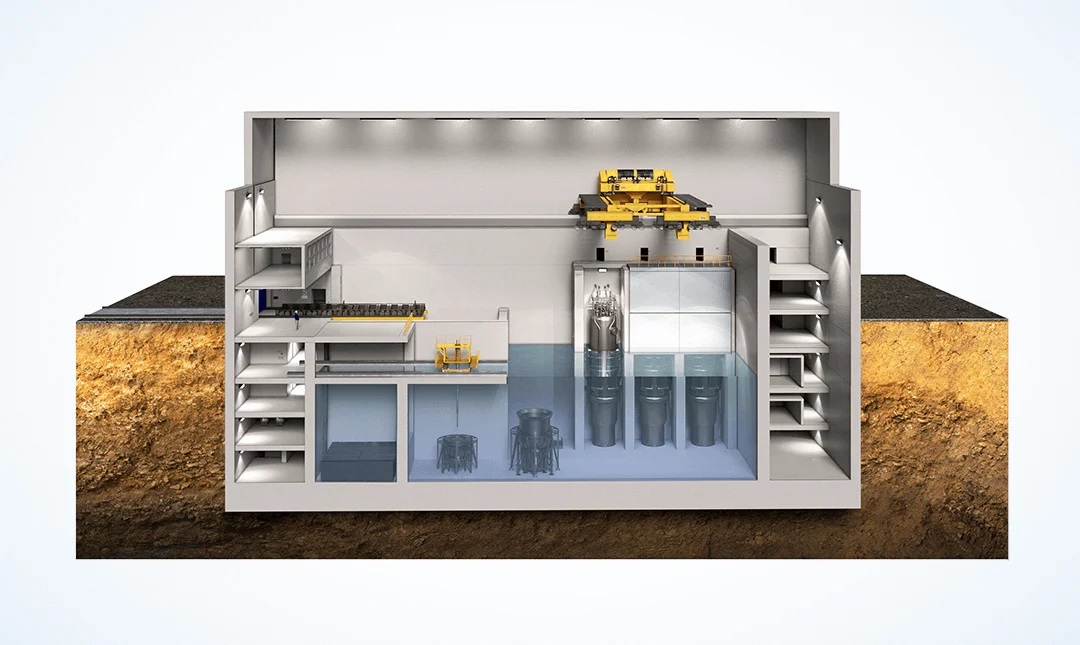
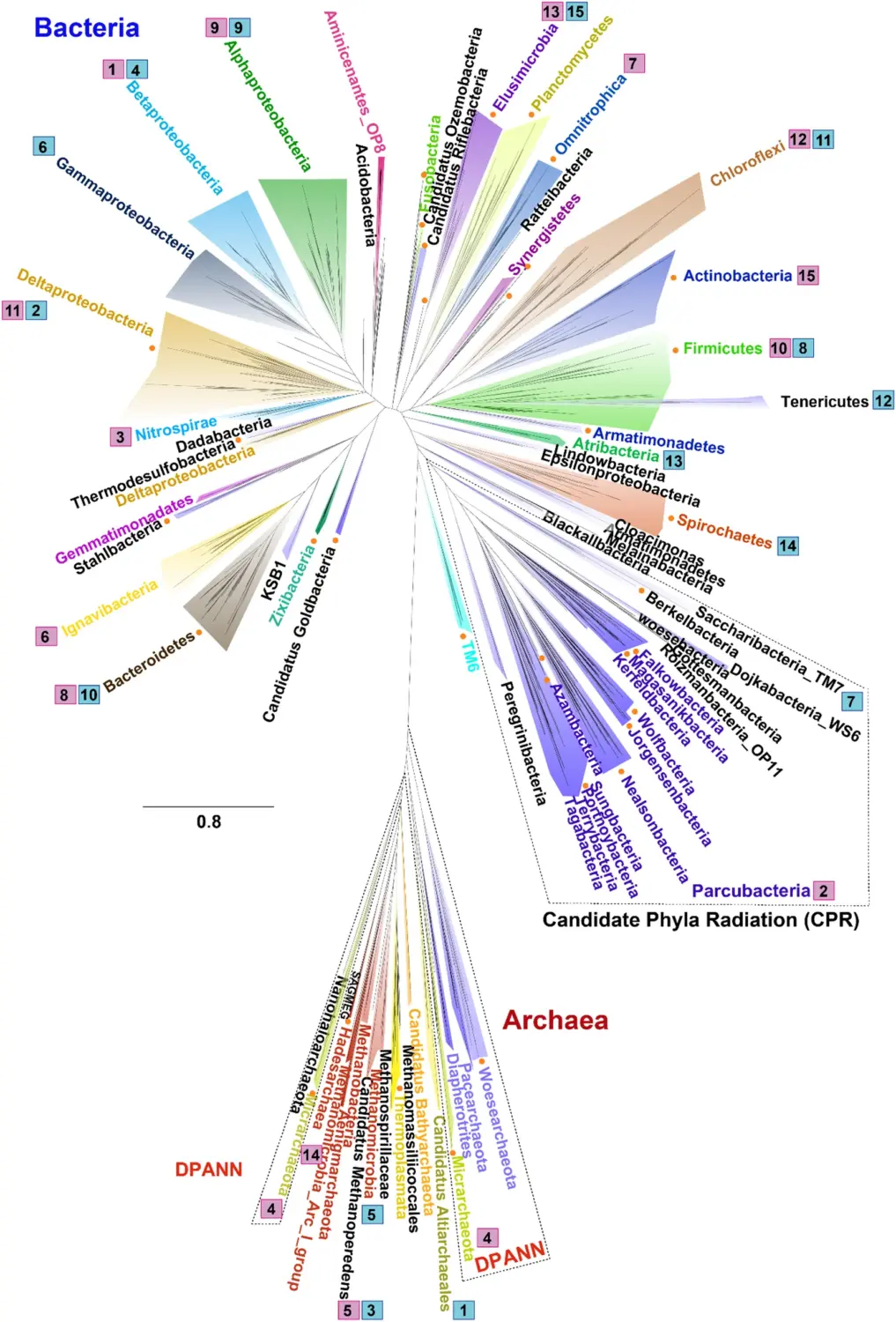





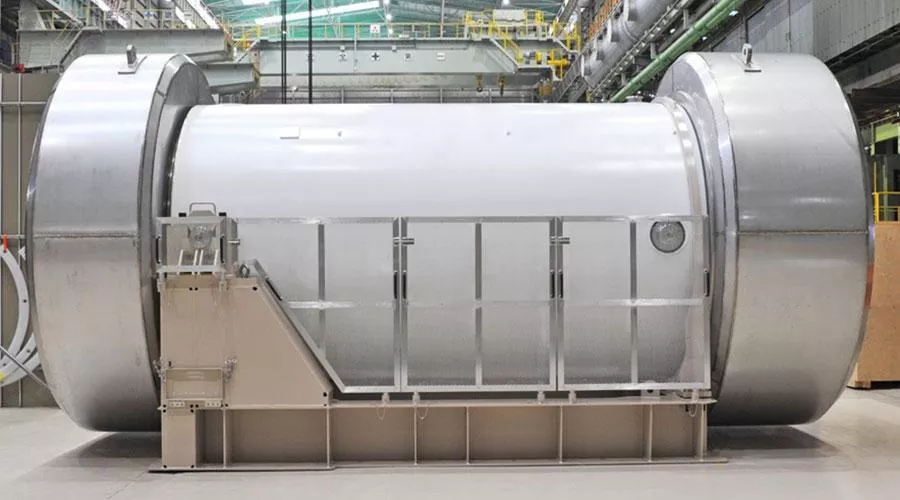
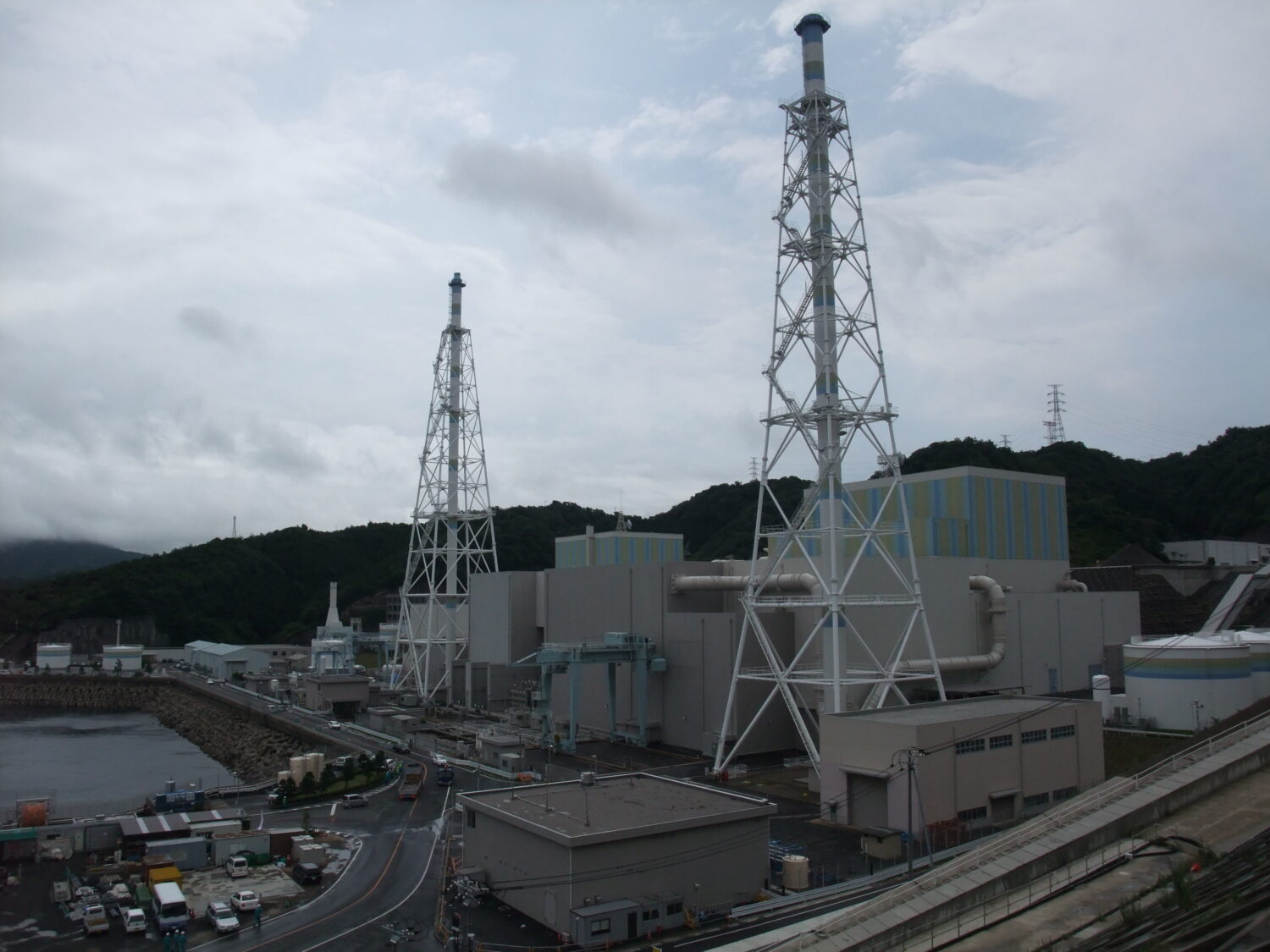

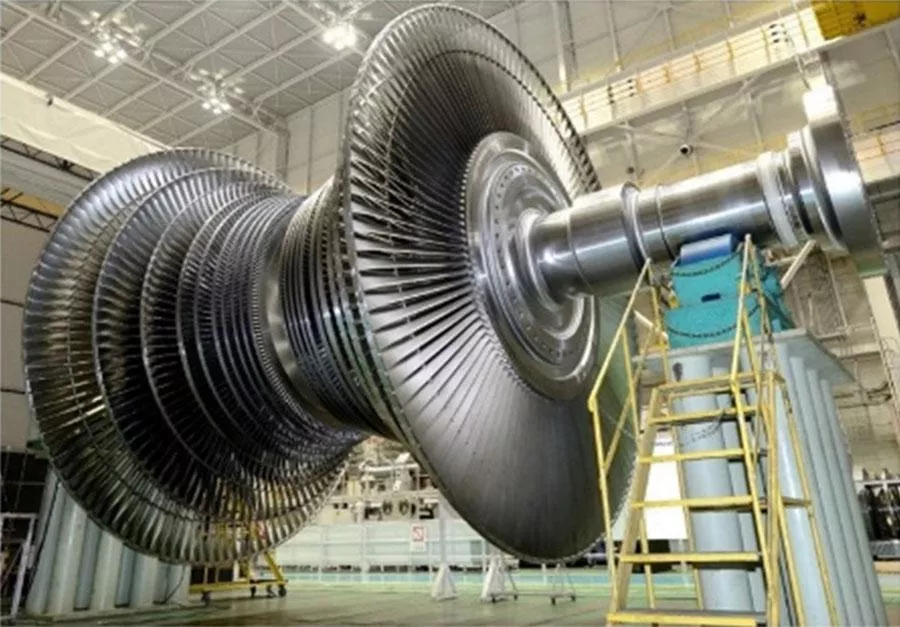

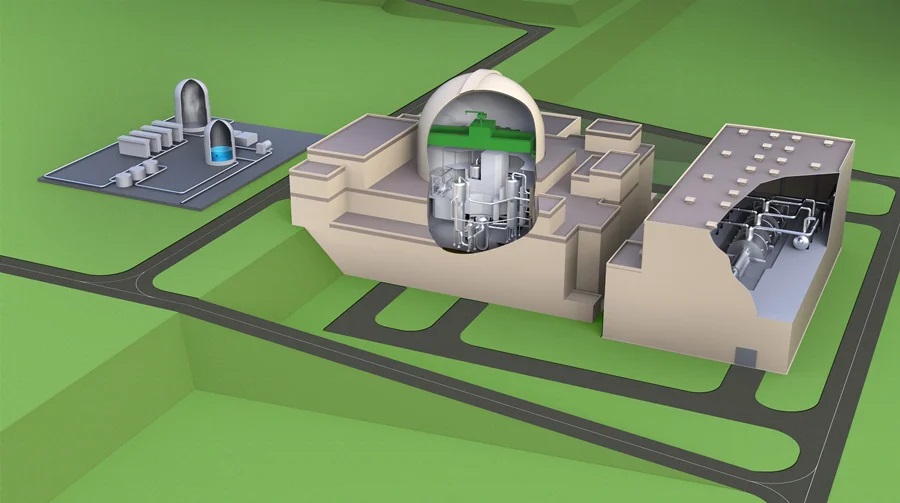
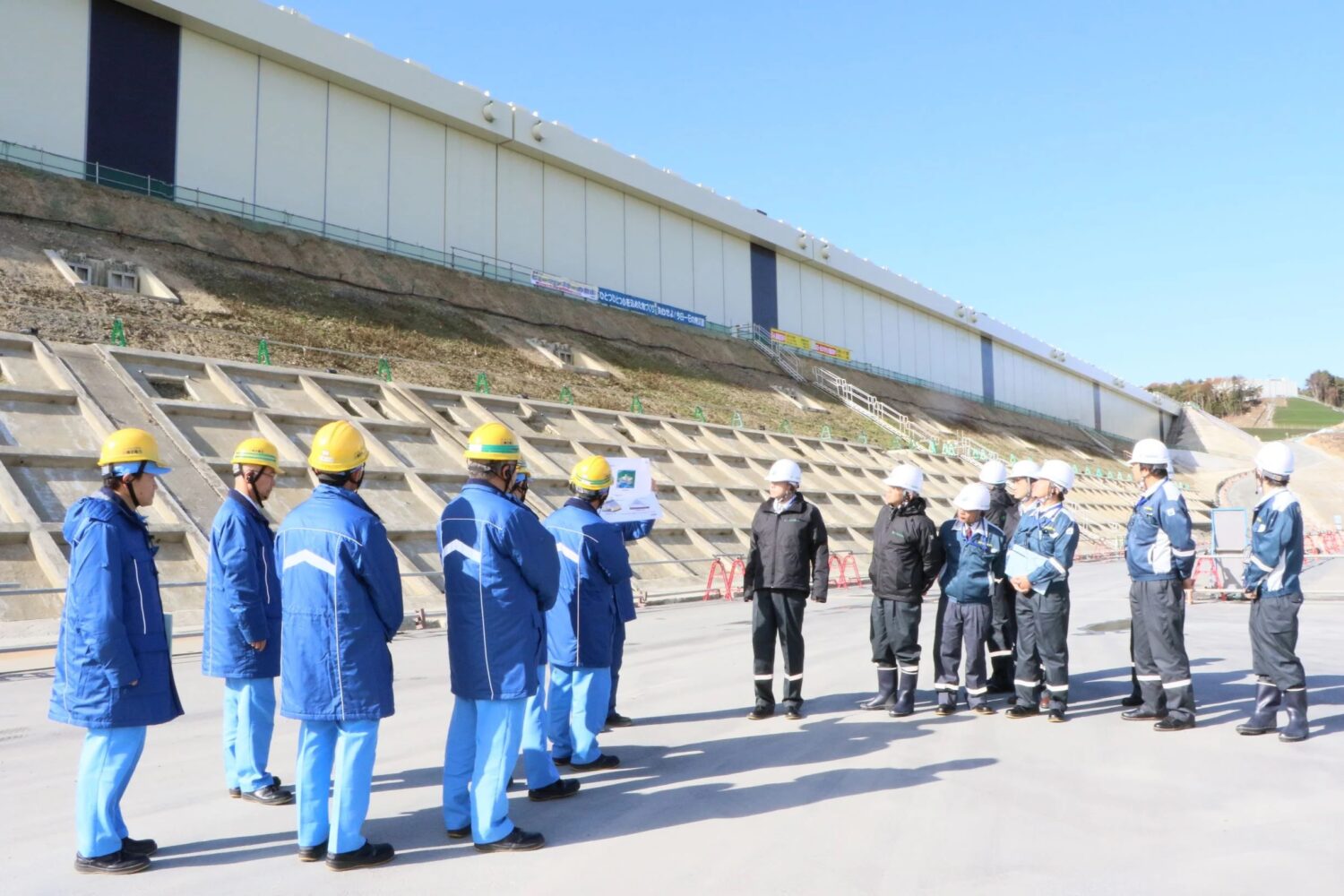
.jpg)

